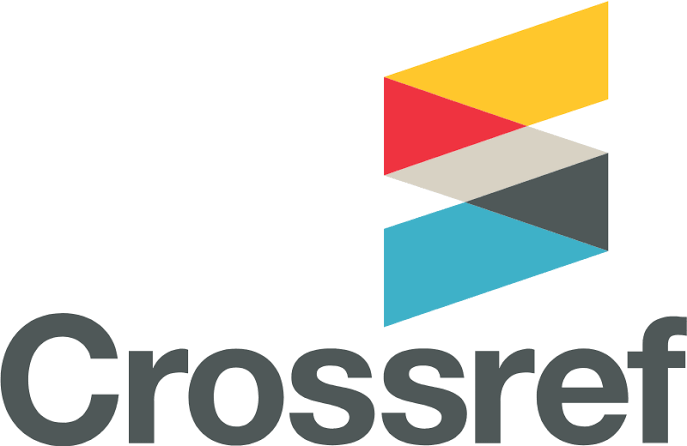SMART RESAERCH IN TERTIARY EDUCATION IN NIGERIA: PROBLEMS AND SOLUTION
DOI:
https://doi.org/10.59795/m.v2i3.195Keywords:
smart research; digital tools; big data; tertiary education; Nigeria; research infrastructure; challenges; capacity buildingAbstract
“Smart research” in tertiary education refers to using advanced digital tools, artificial intelligence, big data, cloud computing, and similar technologies to enhance efficiency, accuracy, collaboration, and accessibility in scholarly work. In Nigeria, adoption of these tools promises benefits such as faster data collection and analysis, automation of routine tasks (literature reviews, cleaning data), multidisciplinary collaboration across institutions, reduced costs for some stages of research, and broader access to research outputs. However, many challenges persist: underfunded institutions, unreliable power and internet, lack of digital skills among academic staff and students, brain drain of expert personnel, outdated or inadequate infrastructure, and weak institutional support. This chapter explores these problems and offers sustainable strategies: establish research-technology grants; set up institutional smart research labs; promote training and capacity building in digital tools; encourage partnerships between universities and the private sector; update infrastructure; and implement policies that support open access, data sharing, and research ethics. If these strategies are well implemented, smart research can help Nigeria’s tertiary institutions close the research gap, improve research quality, and contribute significantly to national and global knowledge.
Downloads
Published
How to Cite
Issue
Section
License
Copyright (c) 2025 Multi-Disciplinary Research and Development Journals Int'l

This work is licensed under a Creative Commons Attribution-NonCommercial-NoDerivatives 4.0 International License.












